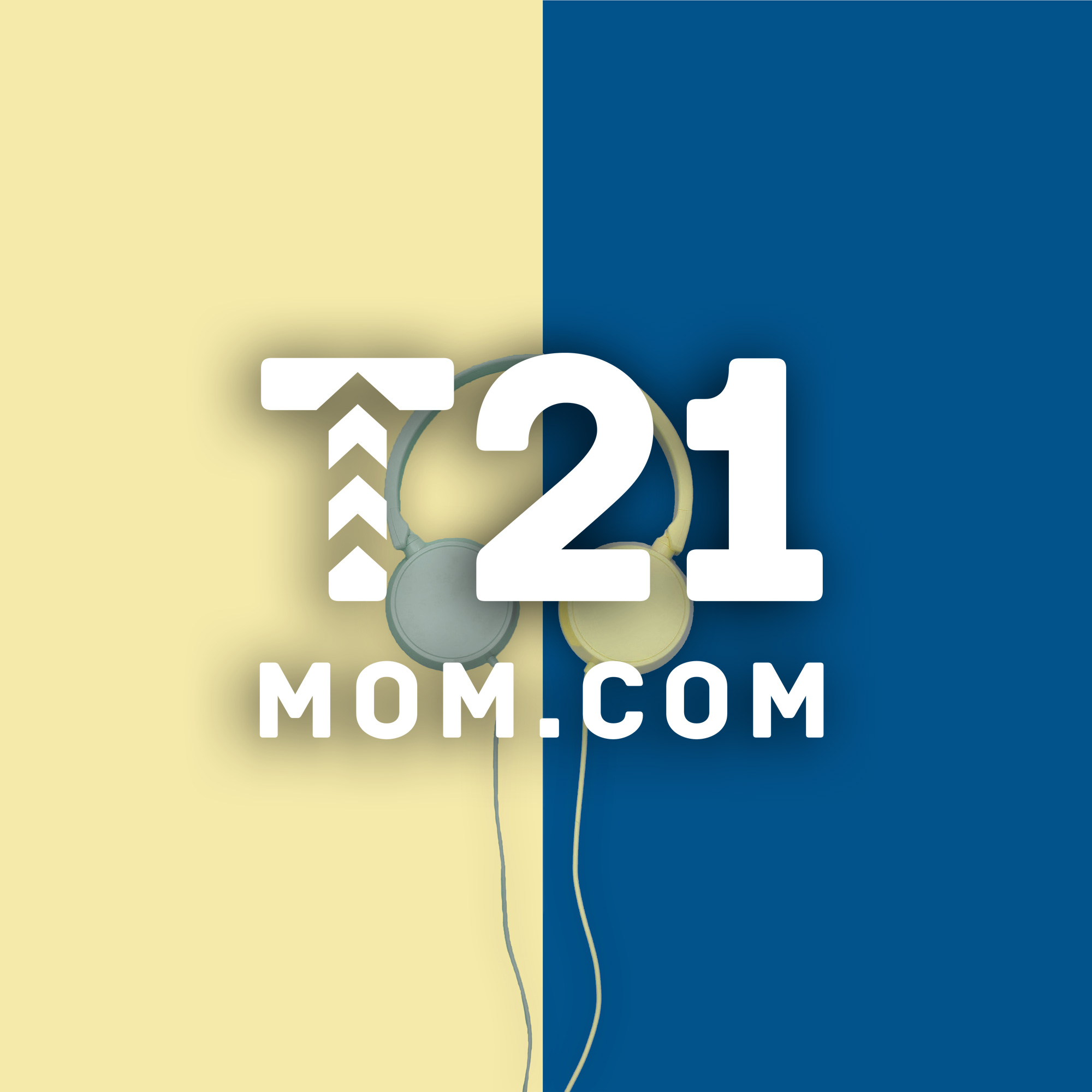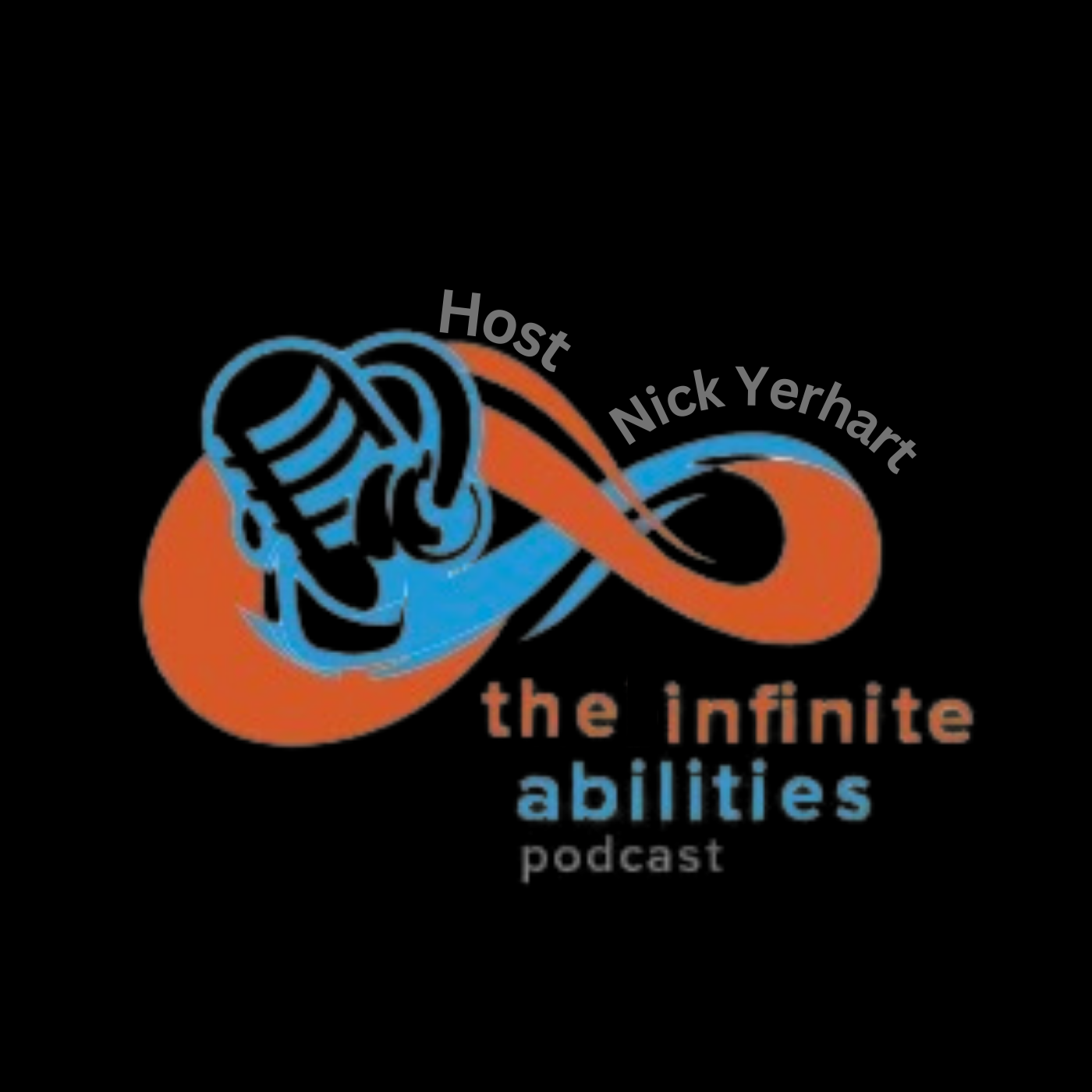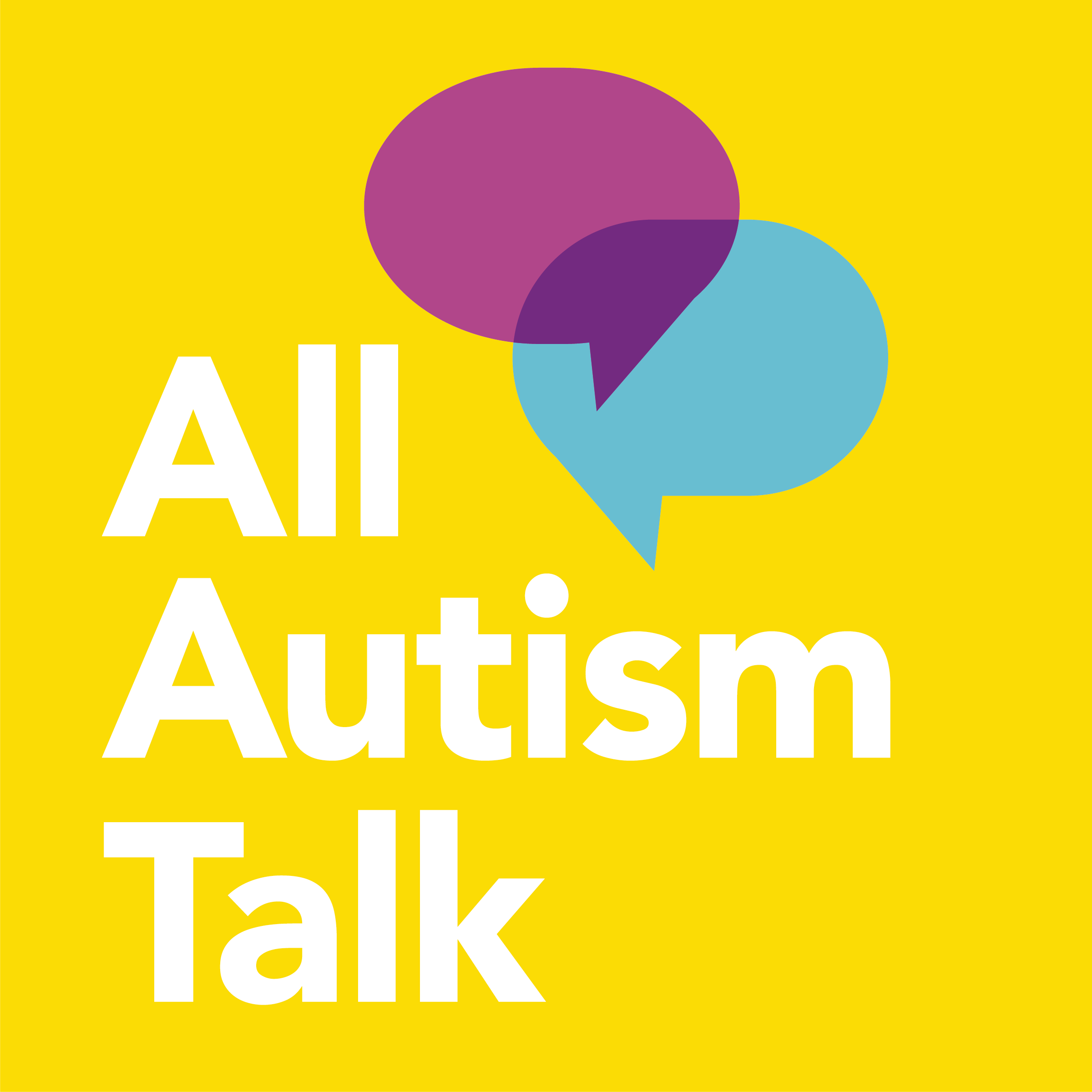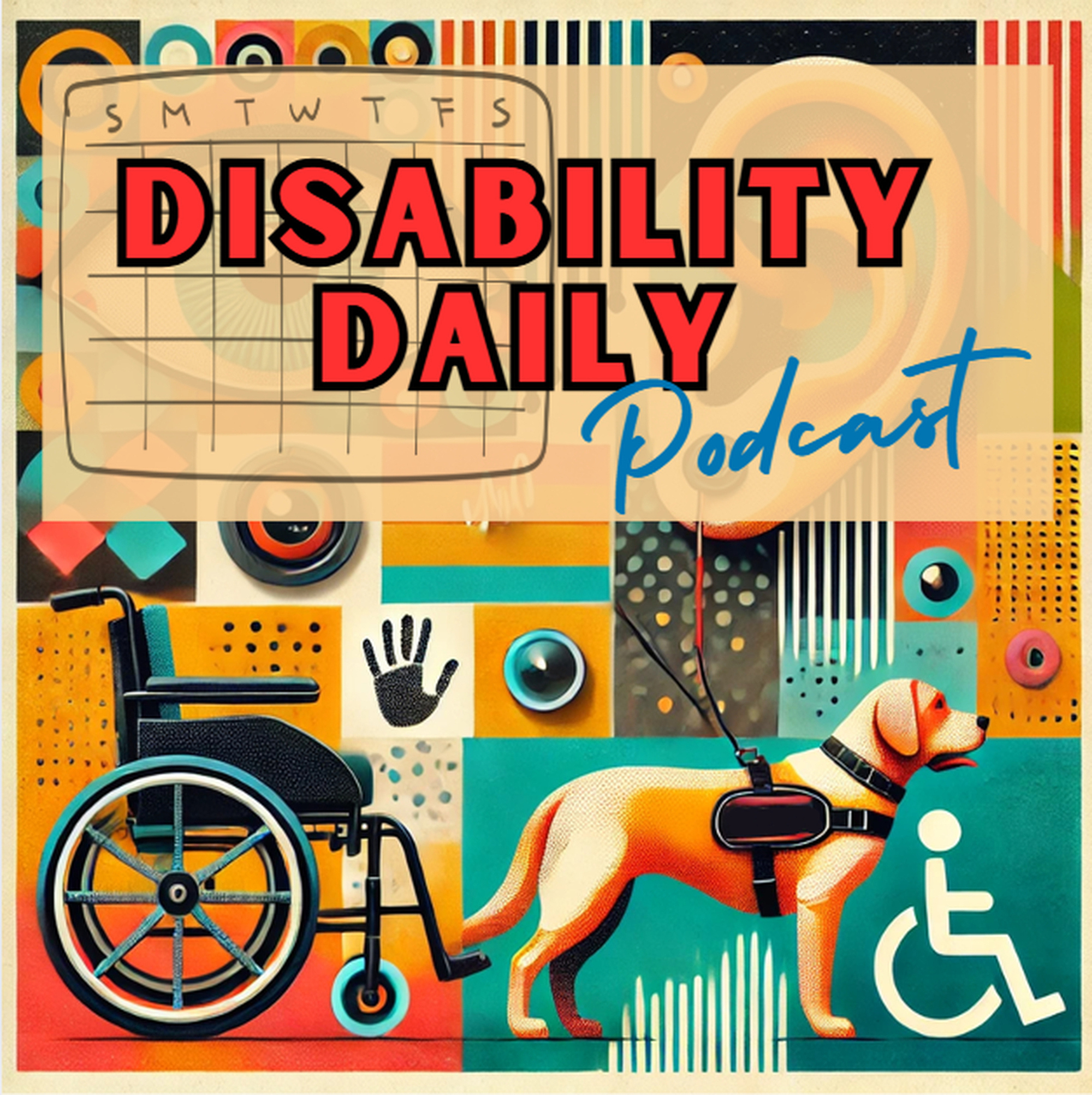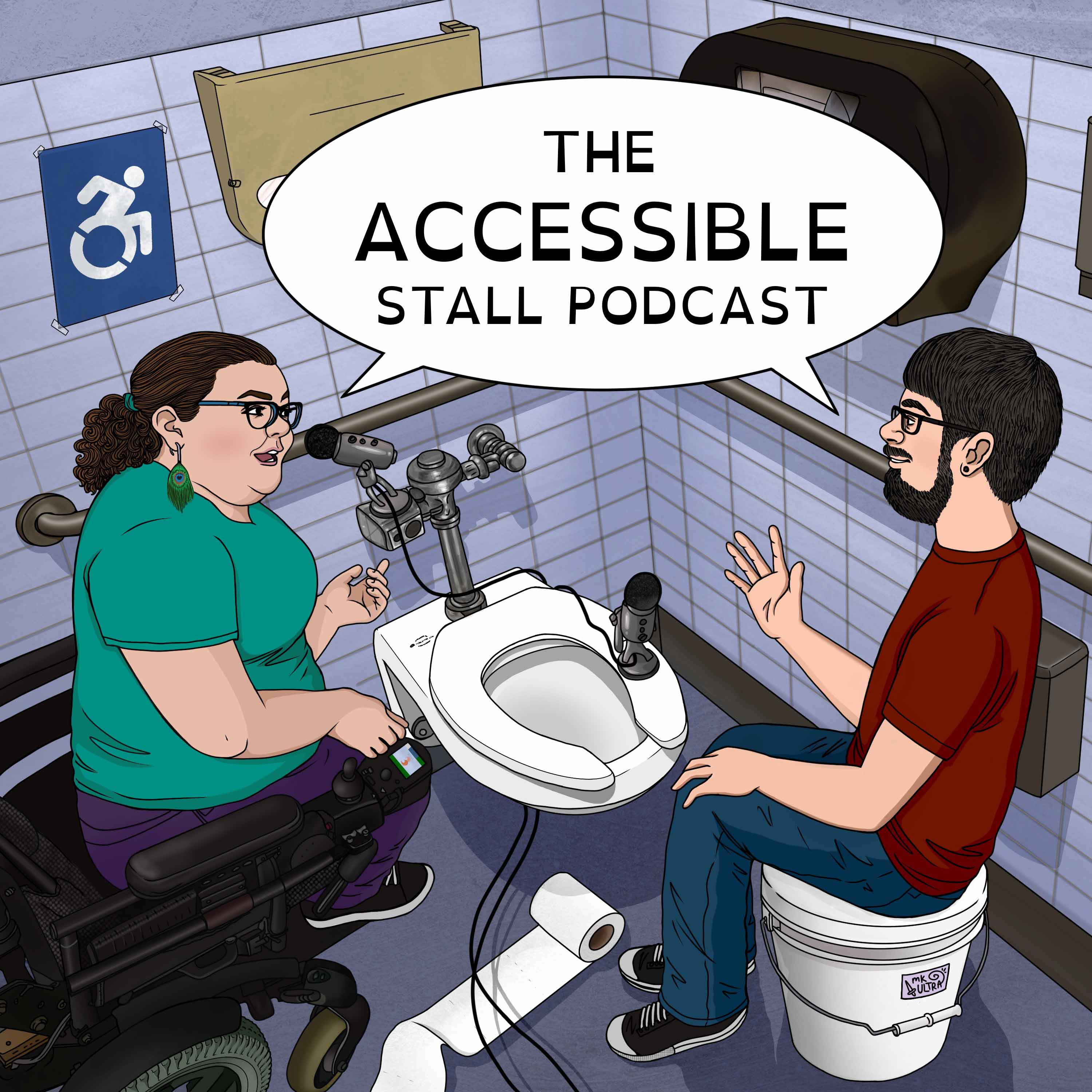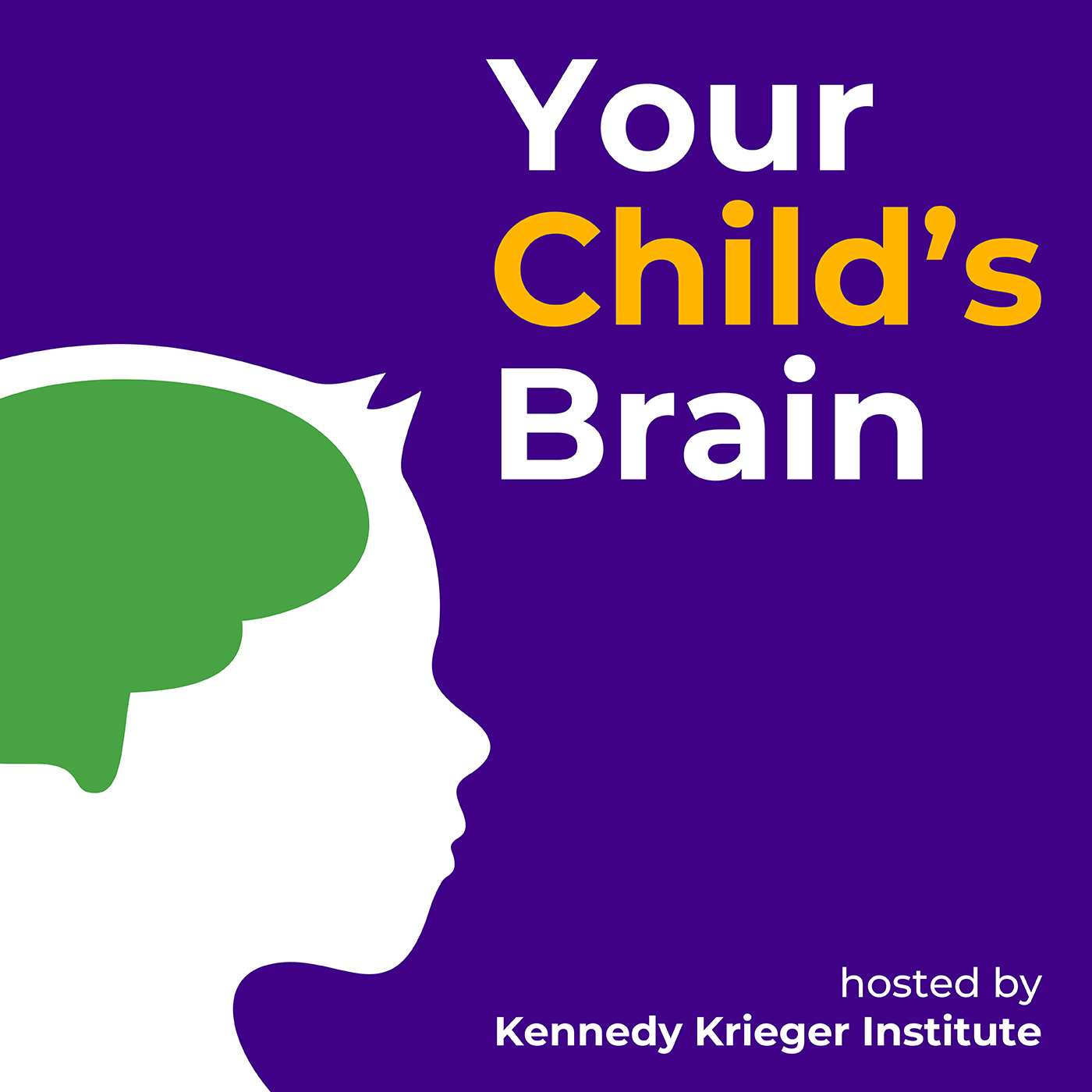
The Post Secondary Transition Podcast
A podcast focused on the ins and outs (and everything in between) of the secondary transition process for families of students with disabilities! Hosts Meghan (Smallwood) and Patrick (Cadigan) serve as supportive guides, leading families step-by-step up each rung of the transition ladder.
Also check out our parent website: https://www.postsecondarytransition.com
The Post Secondary Transition Podcast
014. Transition101: MD Developmental Disabilities Administration (DDA) Pt.02
Links updated 10/2024!
Happy New Year!
Hosts Megan (Smallwood) and Patrick (Cadigan) continue their climb up the ladder, with Part 2 of their overview of the Developmental Disabilities Administration (DDA); the state agency that provides funding and services to eligible people with disabilities. They work to explain the difference between entitlement vs eligibility, more information on the differences between waivers and more.
Keywords:
young adult, DDA, transition, support, coordinator, parents, waiver, families, Coordinator of Community Service (CCS), traditional route, program, talk, staffing, meaningful, check, information, conversation, services, school, residential
Links:
What is Developmental Disability Agencies (page)
Find your Developmental Disability Agency (link)
Adult Agency Snapshot (page)
Maryland (specific) Links/Supports:
Person Centered Planning (site)
Developmental Disabilities Administration (site)
DDA Application Process (site)
Completing the DDA Application (parent resource page)
Family Supports Waiver (site)
LISS Supports (site)
Community First Choice (site) *Maryland
Coordinator of Community Service (site)
To download a copy of a transcript for this episode or any of our previous conversations, click here.
Also visit our Podcast webpage to find links to all of our other discussions; go to www.p2transition.com.
Additional information about post-secondary transition can be found at our website.
The Post-Secondary Transition Podcast Facebook page.
Visit our YouTube Channel to find additional video resources.
Intro/Outro music by AudioCoffee from Pixabay.
Transition music by Joseph McDade from Transistor.
All right. Once again, I have hit the record button and we are live. Hello, hello. Hello. My name is Patrick Cadigan. I am a special a public school special education teacher and I am joined by a co-host and who would that be?
Meghan Smallwood:Hello, I am Meghan Smallwood, and I am a public school transition coordinator.
Patrick Cadigan:And we are here for post secondary transition or P2Transition. And we discuss the ins and outs of the transition process for families of students with disabilities. In our last few episodes, we have talked about how we are doing one on one style conversations, right, we are essentially introducing parents to the world of secondary transition, or more specifically Post Secondary Transition. And we are continuing our way up the ladder. Last week, we had a conversation about DDA. But there was so much information around that conversation that we're now having to bring it in for to have another conversation, we're going to continue to be talking about DDA. But before we even begin that conversation, I don't want to get too ahead of myself, we will usually start off with the definition for what Post Secondary Transition is Megan, do you want to help us out with that? What is the definition for post secondary transition?
Meghan Smallwood:Absolutely. So post secondary transition really just focuses between those ages of 14 to 21, and helps to answer the question of what you will What do you want for your child after they leave school? We're looking to help answer that question by asking you parents to think long term, the milestones ahead of you, the research the resources and the goals you have for your young adult?
Patrick Cadigan:And how do we define long term? Well, what do you want your child to be doing after the school bus stops coming? Right, which is different for everybody. It is a completely individualized experience. And along with that individuality can come from loneliness, and in some cases, a sense of isolation, it really is a unique experience for each family. But there are other families who are going through this probably at the same time that you are.
Meghan Smallwood:Right and along that journey there's milestones that you need to focus on. Some of those milestones are built around timeframes, but others can be at your own timeframe when you're comfortable and ready for them. Using your child's school experiences will really help while you're doing that research. And also using the resources at your disposal, such as your school Transition Specialists and other teachers who know your young adult is so imperative. It's a lot of information. And there's a lot to consider. And in many cases, the answers won't always present themselves immediately to you. So there might be some give and take. And there will be things that you do that might not have the desired outcome, trying to do all that at once can really feel consuming. So we're here hoping to help clear away some of that fog for you.
Patrick Cadigan:Yeah, and in line with clearing away some of that fog. Let's jump in on that second conversation that we're going to have around DDA. All right, so we are back for part two of our discussion around DDA. It does not surprise me one bit that we're actually having to pull this into a second part because there's so much information there for parents to hear and absorb. And so we're just going to keep going. So let's talk about, okay, so the, the young adult has hit 21, what happens, what happens at 21?
Meghan Smallwood:So, and I don't think I mentioned this in our last one, but the coordinator, or CCS that's assigned to your young adult, as they're approaching 21, you should be hearing from them more frequently. As opposed to the one year check in Hey, how you doing, he's still there. They should be contacting you every few months. And again, there's not much to be said or done, but at least acknowledging that they recognize that your child is turning 21 soon. And then prior to that last year, they shouldn't be explaining the process a little bit more and encouraging you to visit day programs if that's the pathway you're going to take. So that last school year is the big year where you're really going to want your transition specialists to help with things from the school side. They are going to be a key player in this along with your CCS. You really all will be working together as a team. You are going to want to explore deep programs in the area if that's like I said the pathway you're going or At least get information on what's available and consider if you're going that traditional route. There are not as many in Howard County as we would like to have. However, the ones that have been here have been here for many years. So they have good reputations. And again, like we've talked about before, it's really helpful to talk to other parents who may already have young adult at some of these places and get their opinions. Keep in mind, though, every young adult is different. So what doesn't work for Johnny may work for Susan and vice versa. I've had two parents walk into the same program, and walk out with completely different thoughts about it. But you know, overall, just to find out what the process or what the day may look like at a day program, it helps directly start recognizing what the differences may be between the school day and a day program day.
Patrick Cadigan:One question that I have, and this is a little bit of a segue, but I wanted to kind of throw it out there; can we talk about the difference between entitlement versus eligibility? Because I know that there's a significant difference.
Meghan Smallwood:Yeah, that's a big one, too, and really needs to be recognized as you're looking at these programs. So while your student or young adult is in school system, they are entitled to services, they are covered by that, and you know, they have the IEP and all the supports, once they leave, they are now eligible for services, which means you may have your top choice for a day program where you want them to go. But they may be denied, or they may not be accepted, because they don't feel like they can meet their needs, or they don't have the staffing for them, or they don't have the necessary accommodations. So you really have to be on top of it and aware that it's not an automatic transfer over to a new place. They need to be found eligible and be accepted. I talked a little bit about the traditional route. And I know on our website, we have links for many of the different day programs.
Patrick Cadigan:And there will be a link, there will be a link to the show notes in that, too. Because we have, we have two separate pages, right we have your traditional route, which is going to include the agencies but then we also have a relatively new page on self directed.
Meghan Smallwood:Right. So if you opt, if you find that traditional, the traditional route of day program may not be the best fit for your young adult. self-direction is another pathway from TTA, which you can explore. And since the pandemic I feel like more and more parents are opting for this just because of the individualization of it and the flexibility. So it's definitely a good thing to explore. And just weigh both options. We have a plethora of information on that on our website. And it's definitely a topic if you are interested in to talk to your CCS about to find out what their knowledge bases on it. All CCS is are trained with it, but some may be more familiar on it than others. So it's just good to have that conversation if it's something you're seriously considering. Definitely be exploring all those at the beginning of the school year of that last exiting year. By your, and I should say your CCS, CCS will be checking in with you making sure you're exploring. The Transition Specialists can help you set up tours, give you contact information and help arrange any meetings with some of the agencies, the day programs, go out and visit the program, talk to the directors, see if you're able to take a tour of the facility and just get a feel for it. And see you know if you think it would be a good option for your young adult, or if you're doing self directed, start brainstorming what is it that they really like? What would be a meaningful day for them? Would they be volunteering? Would they be employed? Would they just want to be out in the community? And start thinking about any connections you might have or could make to help plan a day for them. So that will all be happening in the fall. And with your CCS and your transition specialist help. And you're really going to want to have it narrowed down before the winter break. Usually December time of what agencies are your top choice or day programs are your top choice or if it is self directed that you definitely are going to pursue. Your coordinator will be asking the transition specialist and yourself to start gathering up those necessary documentations. And again, like we mentioned with the initial application for DDA, they really want to see those records that Explain the severity of the disability and the need for support and how much need for support will be there. When they exit, all that information is going to go into a matrix score, which is a number that your that DTA will be giving you, your or your young adult to explain what how much support they need afterwards. So that matrix score is really two scores, and is based off of the health and safety and supervision that your young adult requires. And again, that documentation is really going to drive it, the paperwork for that is submitted from DDA to a third party. And then they give the number, someone goes through all the records, and they determine the number for your young adult, five is the biggest, or the highest number you can get. And five is like the maximum amount of support needed, which can often drive if you're going for a day program, a one on one support. One is the lowest, which means that they're pretty much independent and support is not as as needed for them. I would say typically, we see like a two, three, maybe a four, if you feel like that the number really isn't a good match, though, you can always appeal it and talk to your coordinator about it. But that's the number really will drive the need for support. And so the coordinator will be submitting all that, you know, you're just going to check in with them to make sure they have what they need. And they will let you know when the number has been determined. So once the matrix score is determined, that is part of what will be submitted for DTA towards the exact waiver that your young adult is going to be put into. There's three different waivers and I know we talked about one last time when we were discussing initial DDA information, but the family supports waivers the waiver for children birth 21, and that's specifically for different support services. The two other waivers that are you the ones after 21 is the Community Pathways waiver, and the Community Supports Waiver. So the Community Pathways waiver really encompasses a meaningful day support and residential services. Okay, that's the big difference. So Community Pathways includes residential community support waiver, includes meaningful day and support services. Okay, so I know parents get very nervous about which waiver which waivers should they go to which waiver Do you think they need to be? And ultimately, DDA makes that decision based off of the needs of the young adult at that current time. So you really don't need to worry about which waiver they're going to be placed in, regardless of whether it's community pathways are community supports, they will have funding for a meaningful day. And that is what DDA is concerned about after they leave at 21. They want everyone to have a meaningful day, residential really comes into play if, for example, the young adult is already in a residential and it needs to continue after 21. Or like we said before, there's really a crisis or a need at home, that they need to be out of the house. I mean, you can, you know, you can always put it out there, if you really want your young adult to live, you know, on their own at some point, it's a great long term goal, and it's one that I think everyone should at least consider. But if 21, the first step is really that meaningful day. So you are not tied to one waiver for the rest of their life, you can always it can always be switched, if residential does come into play. But it's really the waiver in which waiver is really not a huge concerning factor.
Patrick Cadigan:I think that one of the things that I find really interesting about what you said in terms of the residential is, is that I remember one of the conversations that we had with a parent who was totally comfortable with not having their child leave the house, right, like they were that was not a conversation that they were willing to have. So I mean, like you said, it really just depends on what families are interested in.
Meghan Smallwood:And more often than not, I find a lot of the family say, oh, no, no, they don't need to move out like 21 And that's, that's, that's fine. You know, I mean, how many kids went to college and came home and lived there until they got their feet wet in the real world and settled, but it is something to consider and I didn't we can definitely talk about the different options down the road but like it doesn't have to be a group home because I also think there's that like stereotype of, oh, they're gonna be stuck in a group home with you know, six or seven other people did it. Put there's other not and then there's nothing wrong with that my sister lives in a group home it's a great option for her but there's other other or ways of doing it to like supported living, or, like the other name is escaping right now. But like it's, it's definitely something to research down the road, you know and never-say-never. Once did the, is all does fall in a timeline for DDA and I know a lot of times DDA might be backed up on their timeline, or the coordinators often just waiting for the, the okay from DDA to submit things. So, it can be a waiting game. And a lot of times the winter into spring is, and I know it can be kind of anxiety ridden from families, when you just want to make sure things are progressing. And you're kind of standpoint, but when DDA gives the okay, they can apply, and they will find out, you know, your waiver. And that's when they really can start talking about the person centered planning. And that is kind of like, in a sense, the IEP moving forward, because that will be where all the supports are listed. goals for your young adult are listed. It's kind of driving things from there on out. And it's something that's revisited every year to make sure it's still relevant and updated. But the person centered plan will really encompass the young adults, the family, the coordinator, and if you decide to go with a day program, they would be involved or if you go self directed, that would really drive the what the services from your budget will be used for moving forward.
Patrick Cadigan:I remember the person centered planning that came up during one of the parent panels that we had attended recently, and there was quite a bit of discussion around that.
Meghan Smallwood:Yeah, and it's really important to start thinking about that, you know, even before that eggs a year, you know, think about that person centered plan and have a, you know, one of our parents talked about having like an extended meeting with not only the school, but inviting people who know their their young adult and getting their input, and just putting together the whole picture of your young adult and what would make him or her happy to live a good life. And that's what it's all about, you know, everyone's got it's so individualized as to what a good life or meaningful day is for each person. And we really want that person centered plan to show that. So it's definitely good to plan ahead. And then, once things are started in motion from DDA, and you have identified if you're going with a program, you've identified the day program you're interested in, you know, the coordinator really will be working with the admissions counselor for the program to make sure it they they will be accepting them, some of the day programs do a trial, they want to have the young adult come out for a couple days to see if it's a good fit, they want to go visit them at school to get to know them a little bit, talk to the teacher or other service providers, just to make sure it would be a good place for them. And it also comes down to staffing at this point, I know a lot of them are still kind of putting individuals on a waiting list because staffing has been such an issue. So I'm hoping with time, it will get better. But there are a lot of factors, which is why it's good to have more than one choice in mind. For after exit. And then ideally, after July 1st is when services could start from DDA. And again, it all comes down to the process and if things were submitted in a timely manner, and everything's in order, and the agency or day program that you've selected is ready to go. I will say notoriously in the past self-directed plans have taken a little longer to start typically not in July no a lot that have been maybe end of summer, even into the fall just because there's so many logistics that need to be figured out. And it can be a little harder when you because ultimately self-direction, I don't think I mentioned this, you are given the budget from DDA. And it's basically developing the day for your young adult and you know what they're going to do, who's going to work with them, hiring the staff, finding the activities or the volunteer opportunities. So DDA just needs to, they want to make sure that it all belongs in the budget. So there's a lot of back and forth and checking to make sure things are okay.
Patrick Cadigan:And I know that we we have an interview coming up where we're going to actually sit down and get a chance to talk with one of the one of the providers or not necessarily one of the providers but somebody who would be representative as the coordinator of community service and, you know, kind of talk about what it does their experiences like what things look like on their end. So needless to say, I'm looking really forward to that.
Meghan Smallwood:Yeah. I'm excited to hear from her as well.
Patrick Cadigan:Yeah. All right. So that was part one. And that was part two. So there was a whole lot of information there. There's going to be a lot to go back to in our show notes. But we're going to have links in there as we go. And we're going to continue to have the conversation around what Post Secondary Transition looks like. Have we decided, okay, so let me think if, if I remember correctly, our next two discussions are going to be with, we're going to do two new interviews, and then what will we discuss?
Meghan Smallwood:I think so.
Patrick Cadigan:Yeah, what will we discuss after that? I can't remember. Had we decided on that yet?
Meghan Smallwood:I don't know if we've decided on that. There's so many different topics, I think we need to narrow down which one we want to do next.
Patrick Cadigan:Well, we're definitely going to keep going with our one on one and up the ladder. So we'll we'll get that squared away. But I am looking forward to those next two All right. So please do us a favor, follow the information interviews. from this and other shows in our show notes. Like, follow and share the podcast with other families, anyone you think could benefit from the information, check out our website, www dot post secondary transition.com. The website itself is chock full of information around transition for families to comb through. Also, you can check out our new YouTube channel. We don't have any original content yet. I just want to throw that out there. However, we do have curated videos around well at this point, we have guardianship, alternatives to guardianship ABLE accounts and some more. So there is going to be more to come. So make sure to subscribe to that as well. And lastly, if you have any questions, please reach out. You can find our contact information on our website, along with all the other information that's there. And we are always happy to take feedback and we love hearing from people with more questions. So all right, Ms. Meghan.
Meghan Smallwood:All right.
Patrick Cadigan:We have another one. And we are we are done.
Meghan Smallwood:Awesome.
Patrick Cadigan:All right, that well, we will see you all next time.
Meghan Smallwood:Yep. Thanks for joining.


